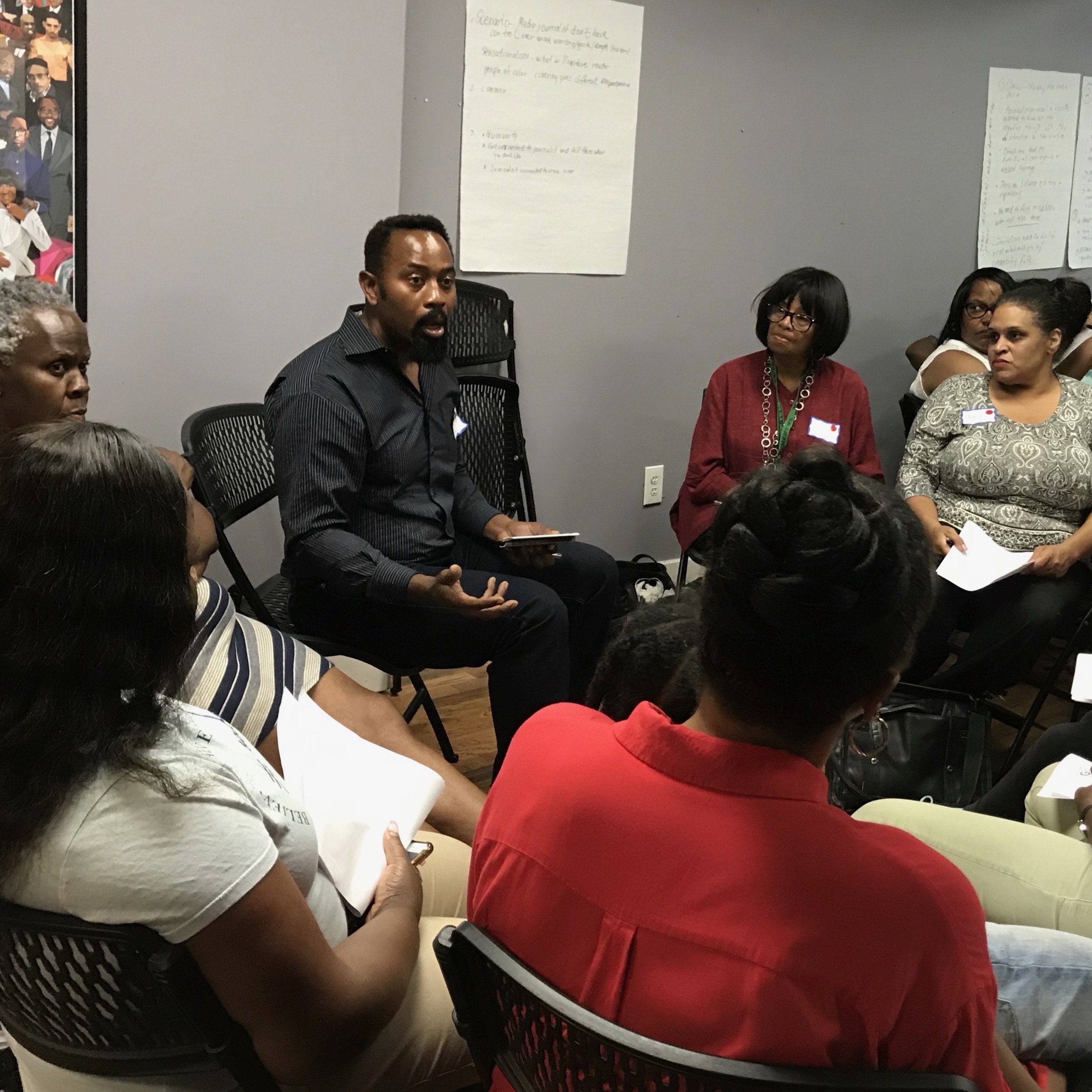Building a Strong Nonprofit Board

What would our country look like without checks and balances? What about our state and local governments? Now, think about your organization—do you have the right checks and balances to ensure it thrives and serves the community effectively?
An organization’s health and longevity depend on several factors; one is an engaged and active board of directors. In a healthy organization, staff support and hold each other accountable of which the board provides oversight and keeps the executive director or CEO accountable. The board offers high-level management that helps govern the organization toward success.
The following is a primer for creating and maintaining a strong nonprofit board.
The basic board member duties are generally defined as:
- Duty of Care: Take care of the nonprofit by ensuring prudent use of all assets, including facility, people, and goodwill;
- Duty of Loyalty: Ensure that the nonprofit's activities and transactions are, first and foremost, advancing its mission; Recognize and disclose conflicts of interest; Make decisions that are in the best interest of the nonprofit corporation; not in the best interest of the individual board member (or any other individual or for-profit entity).
- Duty of Obedience: Ensure that the nonprofit obeys applicable laws and regulations; follows its bylaws; and adheres to its stated corporate purposes/mission.
Let’s dig deeper and explore what these duties look like in action.

Governance in Action
Oversight and accountability, also known as governance, are the primary responsibilities of the board. Board members ensure that the organization is operating effectively and is financially healthy to further its mission. The board offers the CEO/executive director the necessary guidance and direction to responsibly manage resources and comply with legal and ethical standards, commonly known as the board's "fiduciary responsibility."
Board members serve as fiduciaries who guide the organization toward a sustainable future by adopting sound, ethical, and legal governance and financial management policies. Here are examples of governance in action:
- Executive oversight — the board is responsible for hiring, setting the compensation, and evaluating the executive director throughout their tenure. Additionally, the board fosters a respectful and trusting partnership with the executive director that helps the organization thrive.
- Financial stewardship — financial oversight includes approving and monitoring the annual budget. The board can also be a source of fundraising support. Be sure to inform prospective board members if your board is a fundraising board.
- Legal compliance — the organization must comply with local, state, and federal laws. The board needs to be mindful of bylaws, such as the minimum or maximum number of board members your organization can have, which are considered legal documents.
- Risk management — it’s the board's responsibility to manage risk and plan for the unexpected. For example, the board should have a succession plan in case the executive director steps down. It’s important for the board to protect the organization's reputation and address potential risks that could affect fundraising and community trust.

Support is Always Appreciated
A great board member meets the basic requirements and is supportive. Your support depends on the staff's needs. For example, being a supportive board member may involve offering your financial expertise to inform the creation of the annual budget.
Board members also serve as advocates for the organization. This includes providing fundraising support, raising awareness about the organization’s work with colleagues and friends, and serving as the link between the organization and people in your network who resource it (such as prospective board members, donors, and more).
The Takeaway
The board is responsible for addressing complex, big-picture questions and opportunities within the organization. While they oversee operations, they do not handle day-to-day tasks. It's important to remember that the executive director is in charge of managing the organization's daily activities. Therefore, board members should be aware of power imbalances and avoid interfering with the staff's autonomy in their work.
Even though the board takes a high-level management approach, they should not overlook ethical issues. All board members should be familiar with the organization’s bylaws and know how to appropriately address ethical problems that may come up.
See the links below for additional guides for building a strong nonprofit board.

